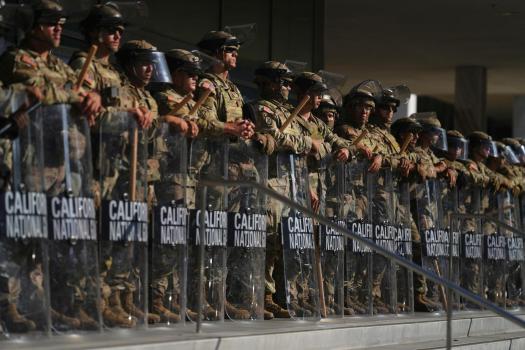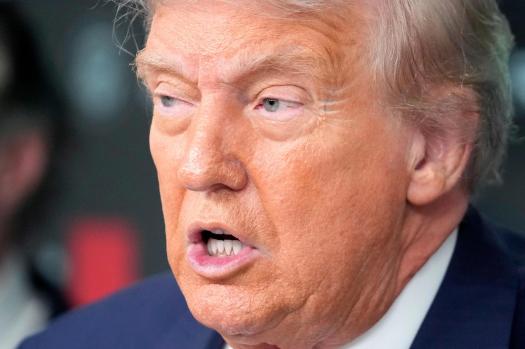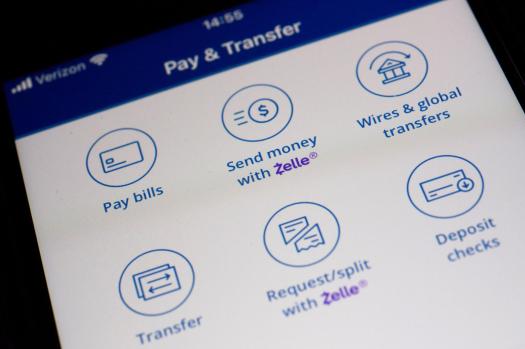By MEGAN JANETSKY and FABIOLA S. NCHEZ
CITY OF MEXICO (AP) According to officials on Wednesday, Mexico sent 26 suspected cartel leaders to the United States for prosecution at the request of the Trump administration because it did not want them to continue operating their illegal enterprises out of Mexican prisons.
Related Articles
-
CDC shooting marks latest in a string of hostility directed at health workers. Many aren t surprised
-
Jury finds Texas couple guilty of concealing and harboring bakery workers in the US illegally
-
Trump administration ordered to restore some withheld grant funding to UCLA
-
A tale of two Chief Pams: Federal takeover brings confusion over command of DC police
-
Trump and Putin will meet at an Alaska military base long used to counter Russia
However, the officials stated that the mass transfer was not a part of broader negotiations as Mexico tries to avoid additional tariffs that U.S. President Donald Trump has promised.
In a news conference on Wednesday, Mexican Security Minister Omar Garc a Harfuch stated that these transfers are not only a calculated step to protect public safety but also demonstrate a strong resolve to stop these criminals from operating from prisons going forward and to dismantle their networks of influence.
Among the 26 inmates turned over to U.S. officials on Tuesday were members of the Sinaloa Cartel and the Jalisco New Generation Cartel. Because of their involvement in drug trafficking and other crimes, American authorities wanted them. It follows the February deportation of 29 other cartel leaders to the United States.
According to analysts, the U.S. Justice Department’s pledge during the exchange that it would not pursue the death sentence against any of the 55 individuals involved in the two transfers may help prevent any violent reaction from the cartels. Nearly a thousand law enforcement officers, 90 vehicles, and 12 military planes were involved in the operation, according to authorities.
The action comes as the Mexican government is under increasing pressure from the Trump administration to crack down on cartels and fentanyl production. Earlier Wednesday, Mexican President Claudia Sheinbaum stated that the transfers were sovereign decisions.
As part of an ongoing inquiry, Garc a Harfuch also verified on Wednesday that a non-military U.S. government drone was flying over central Mexico, but only at the request of Mexican officials.
In an attempt to evade the worst of Trump’s tariff threats, Sheinbaum has so far attempted to demonstrate to the Trump administration that she is more willing than her predecessor to take on the cartels. This shift has been recognized by American officials, and she has also continued to decrease migration to the U.S. border. In order to avoid the threatening 30% tariffs on Mexican imports, the two leaders decided to grant their teams an additional ninety days to negotiate two weeks ago.
According to Mexican security analyst David Saucedo, Mexico is gradually fulfilling the Americans’ demand that it deliver drug capos. It’s buying time for the Mexican government.
Because Ovidio Guzm n, the son of notorious capo Joaqu n El Chapo Guzm n, shown that it is feasible to bargain with U.S. prosecutors, Saucedo said the Mexican government has been able to prevent a wave of violence by cartels, which is a common reaction when capos are apprehended. In exchange for his assistance, Ovidio Guzmán wants to receive a lesser term after entering a guilty plea to narcotics trafficking and other offenses last month.
However, Saucedo cautioned that the Latin American nation will undoubtedly experience another violent eruption in the future if such mass prisoner transfers continue.








